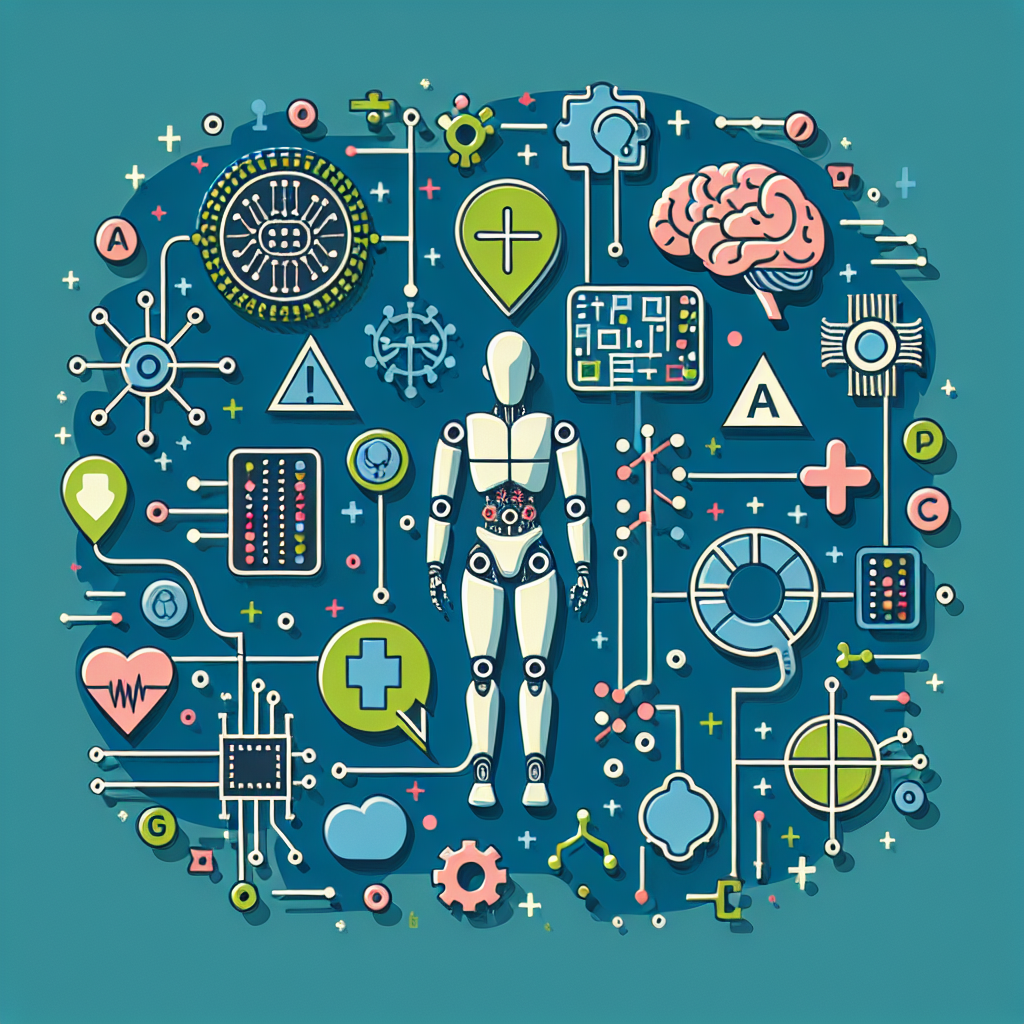AI and Mental Health: Risks of Misdiagnoses and Stigma
Artificial Intelligence (AI) has made significant advancements in the field of mental health, offering new tools and technologies to improve diagnosis, treatment, and support for individuals struggling with mental health issues. However, the use of AI in mental health also comes with its own set of risks, including the potential for misdiagnoses and the perpetuation of stigma surrounding mental health conditions.
Misdiagnoses: One of the primary risks associated with the use of AI in mental health is the potential for misdiagnoses. AI algorithms are trained on large datasets of patient information, which can sometimes lead to inaccuracies in diagnosis. For example, if an AI system is trained on a dataset that is not representative of the broader population, it may not be able to accurately diagnose individuals from underrepresented groups. Additionally, AI systems may not take into account the complexities of individual experiences and may rely too heavily on statistical patterns, leading to misdiagnoses.
Furthermore, AI systems may also be prone to bias, as they can inadvertently reflect the biases present in the data they are trained on. For example, if a dataset contains more information on certain mental health conditions than others, the AI system may be more likely to diagnose those conditions. This can result in individuals being misdiagnosed or not receiving the appropriate treatment for their mental health issues.
Stigma: Another risk of using AI in mental health is the perpetuation of stigma surrounding mental health conditions. While AI has the potential to improve access to mental health care and reduce the stigma associated with seeking help, there is also a risk that AI systems may inadvertently contribute to stigma. For example, if an AI system is not properly trained to recognize the nuances of mental health conditions, it may inadvertently reinforce stereotypes or misconceptions about those conditions.
Additionally, the use of AI in mental health care may raise concerns about privacy and confidentiality. Patients may be hesitant to share sensitive information with AI systems, fearing that their data may be used against them or shared without their consent. This lack of trust in AI systems can hinder the effectiveness of mental health treatment and support, ultimately perpetuating stigma surrounding mental health conditions.
FAQs:
Q: How can AI be used to improve mental health care?
A: AI can be used to improve mental health care in a variety of ways, including assisting with diagnosis, treatment, and support. For example, AI systems can analyze large datasets of patient information to identify patterns and trends in mental health conditions, helping clinicians make more accurate diagnoses. AI can also be used to develop personalized treatment plans for individuals based on their unique needs and preferences. Additionally, AI-powered chatbots and virtual assistants can provide support and guidance to individuals in real-time, offering a convenient and accessible way to access mental health care.
Q: What steps can be taken to reduce the risks of misdiagnoses and stigma in AI-powered mental health care?
A: To reduce the risks of misdiagnoses and stigma in AI-powered mental health care, it is important to ensure that AI systems are properly trained on diverse and representative datasets. This includes collecting data from a wide range of sources and populations to ensure that AI systems are able to accurately diagnose individuals from all backgrounds. Additionally, AI systems should be regularly monitored and updated to address any biases or inaccuracies that may arise.
Furthermore, it is essential to prioritize transparency and accountability in the development and deployment of AI-powered mental health care. Patients should be informed about how their data is being used and have the opportunity to consent to its use. Clinicians and researchers should also be transparent about the limitations of AI systems and work to address any concerns or misconceptions that may arise.
In conclusion, while AI has the potential to revolutionize mental health care, it is important to be aware of the risks associated with its use. By taking steps to reduce the risks of misdiagnoses and stigma, we can ensure that AI-powered mental health care is effective, inclusive, and supportive for all individuals.

